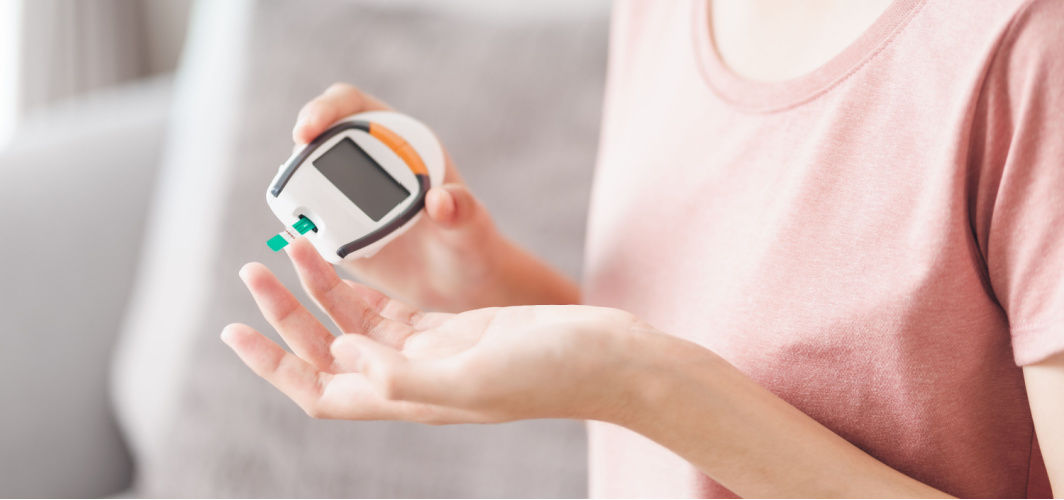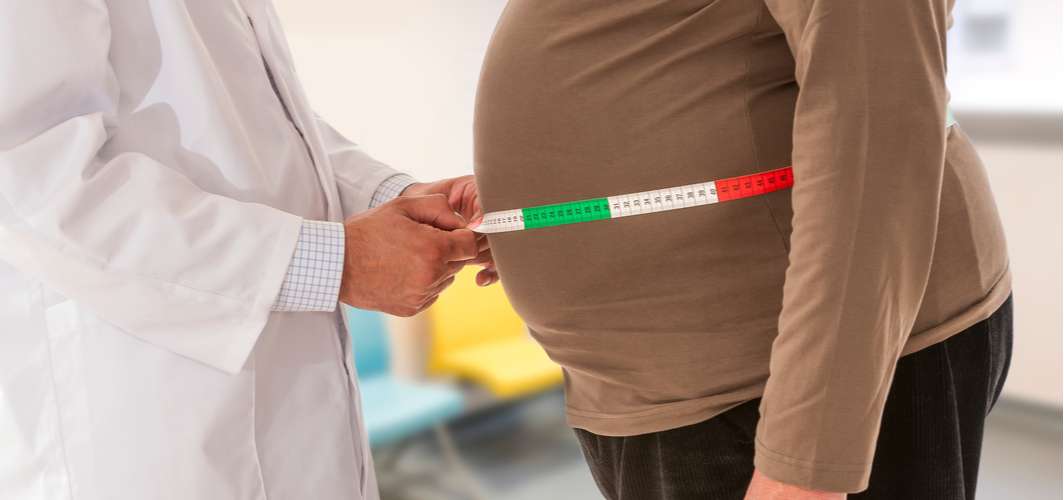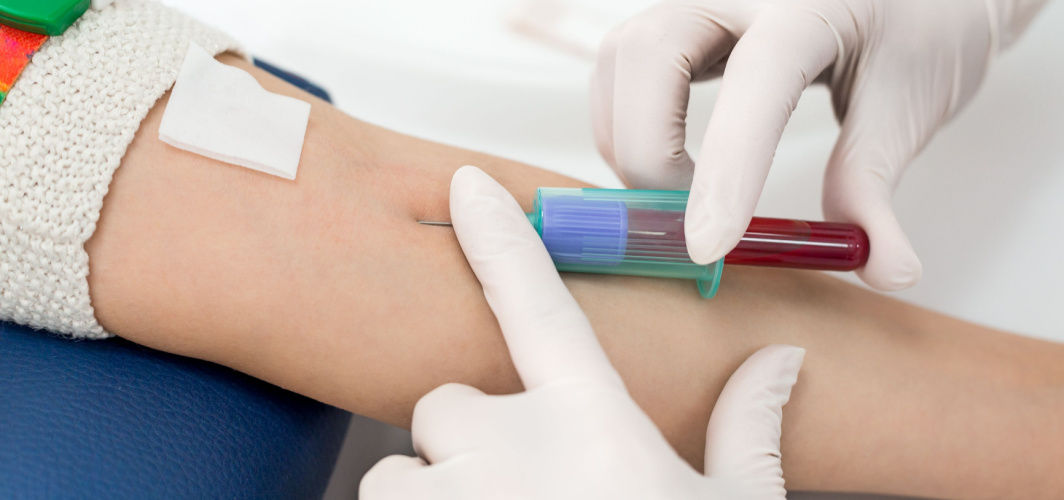Diabetes Management
3 Common Mistakes to Avoid While Blood Sugar Testing
2 min read
By Apollo 24|7, Published on - 13 September 2023, Updated on - 14 September 2023
Share this article
0
0 like

Keeping an eye on your habits, embracing lifestyle adjustments and incorporating regular exercise, are essential steps in mitigating the risk of disease for individuals living with diabetes. The ability to conduct self-blood sugar testing, which helps prevent severe complications and promotes a stress-free life, is important too. Nevertheless, individuals frequently find themselves making errors during this monitoring process. In this blog post, we'll explore three common blood sugar testing mistakes that you must avoid to ensure precise monitoring and the effective management of your health.
1. Pricking the Same Finger Daily
Repeatedly using the same finger for daily blood sugar tests can lead to discomfort or minor injury. To prevent this, you can alternate fingers from either hand when conducting blood sugar level tests.
2. Improper Hand Hygiene
Always begin by washing your hands thoroughly with soap and water, ensuring they are completely dry. Leftover residues from food or other substances on your fingers can contaminate the test strip, leading to inaccurate results.
3. Testing Right After Eating
Testing your blood sugar right after having a meal or a snack might give you a high reading on your glucometer. Testing fasting blood sugar and before eating would likely be more accurate. If you wish to test after eating, it is advisable to wait for two hours after eating.
Conclusion
Maintaining accurate blood sugar testing is pivotal for effective diabetes management. Avoiding these common mistakes will empower you to take better control of your condition and collaborate effectively with your healthcare team to make informed decisions regarding your diet, medication, and lifestyle. You should reach out to your healthcare provider for guidance and support if you have any questions or concerns regarding your blood sugar testing.
Diabetes Management
Leave Comment
Recommended for you

Diabetes Management
These Foods Can Increase Your Risk Of Diabetes
Nitrates and nitrites in processed foods may increase the risk of type 2 diabetes. It is important to avoid foods containing nitrates and have a balanced diet that is low in refined carbohydrates, high in fibre and rich in nutrients.

Diabetes Management
The Link Between Abdominal Fat and Diabetes
Excess abdominal fat, particularly visceral fat around the organs, is associated with an increased risk of developing diabetes. Visceral fat produces hormones and substances that can interfere with insulin function and lead to insulin resistance, a key factor in the development of diabetes.

Diabetes Management
Getting A Blood Sugar Test Done? Know How To Read The Report!
One of the most important aspects of managing diabetes is the constant monitoring of your blood sugar levels. This can be done through blood sugar tests. This blog covers what different types of blood sugar tests are and how to read their reports.
Subscribe
Sign up for our free Health Library Daily Newsletter
Get doctor-approved health tips, news, and more.
Visual Stories

8 Fruits That are Incredibly Healthy for Diabetes
Tap to continue exploring
Recommended for you

Diabetes Management
These Foods Can Increase Your Risk Of Diabetes
Nitrates and nitrites in processed foods may increase the risk of type 2 diabetes. It is important to avoid foods containing nitrates and have a balanced diet that is low in refined carbohydrates, high in fibre and rich in nutrients.

Diabetes Management
The Link Between Abdominal Fat and Diabetes
Excess abdominal fat, particularly visceral fat around the organs, is associated with an increased risk of developing diabetes. Visceral fat produces hormones and substances that can interfere with insulin function and lead to insulin resistance, a key factor in the development of diabetes.

Diabetes Management
Getting A Blood Sugar Test Done? Know How To Read The Report!
One of the most important aspects of managing diabetes is the constant monitoring of your blood sugar levels. This can be done through blood sugar tests. This blog covers what different types of blood sugar tests are and how to read their reports.